There’s no doubt that oil is the driving force of your truck’s engine, and regular oil changes are essential to extending the service life of all motor vehicles. However, knowing when to change your oil can make a big difference in a truck’s performance and the costs associated with oil.
Each truck has an oil drain interval (ODI). This is the amount of time that has passed since the last oil change. Different types of engines have different ODI requirements, but service factors can also impact ODI considerations.
For money saving tips and to get the most from your truck, below are four factors that can affect your oil drain interval:
1. Follow Recommendations
You should follow the ODI recommendations set forth by the manufacturer of your truck’s engine, but you should also consider recommendations for oil brands. While engines can typically take a specific type of oil from various brands, your engine’s manufacturer may have tested and verified operation using one brand, like Shell lubricants, in particular. Using this example, a manufacturer may recommend Shell lubricants specifically since the manufacturer can confirm that lubricants from Shell have been tested to work.
2. Consider Operating Conditions
Even if your engine’s guidelines recommend draining the oil at a specific mileage interval, you may require changes more or less frequently depending on operating conditions. The oil that has been exposed to dirty conditions where debris can cause contamination may require more frequent draining to continue performing well. On the other hand, a truck that is not in service as often and is stored in a clean warehouse facility may require draining less frequently.
3. Employ Oil Analysis
If you find that you’re experiencing continual problems with engine oil despite following manufacturer guidance, performing an oil analysis could be the answer. Oil analysis is usually conducted in a lab and may identify contaminants that indicate additional oil chemical makeup problems. Analyzing oil can also identify other engine problems, like leaks from other fluids into your engine’s oil, that could cause problems with operation.
4. Maintain Your Engine
Maintaining your engine is another crucial step in reducing oil burn and extending your ODI. An engine that does not receive regular overall inspection and maintenance can develop other problems that may affect how it processes oil. Without consistent maintenance, you may find that you have to drain oil at a greater mileage frequency. This may lead to more wear on your truck and cause you to lose money each year.



